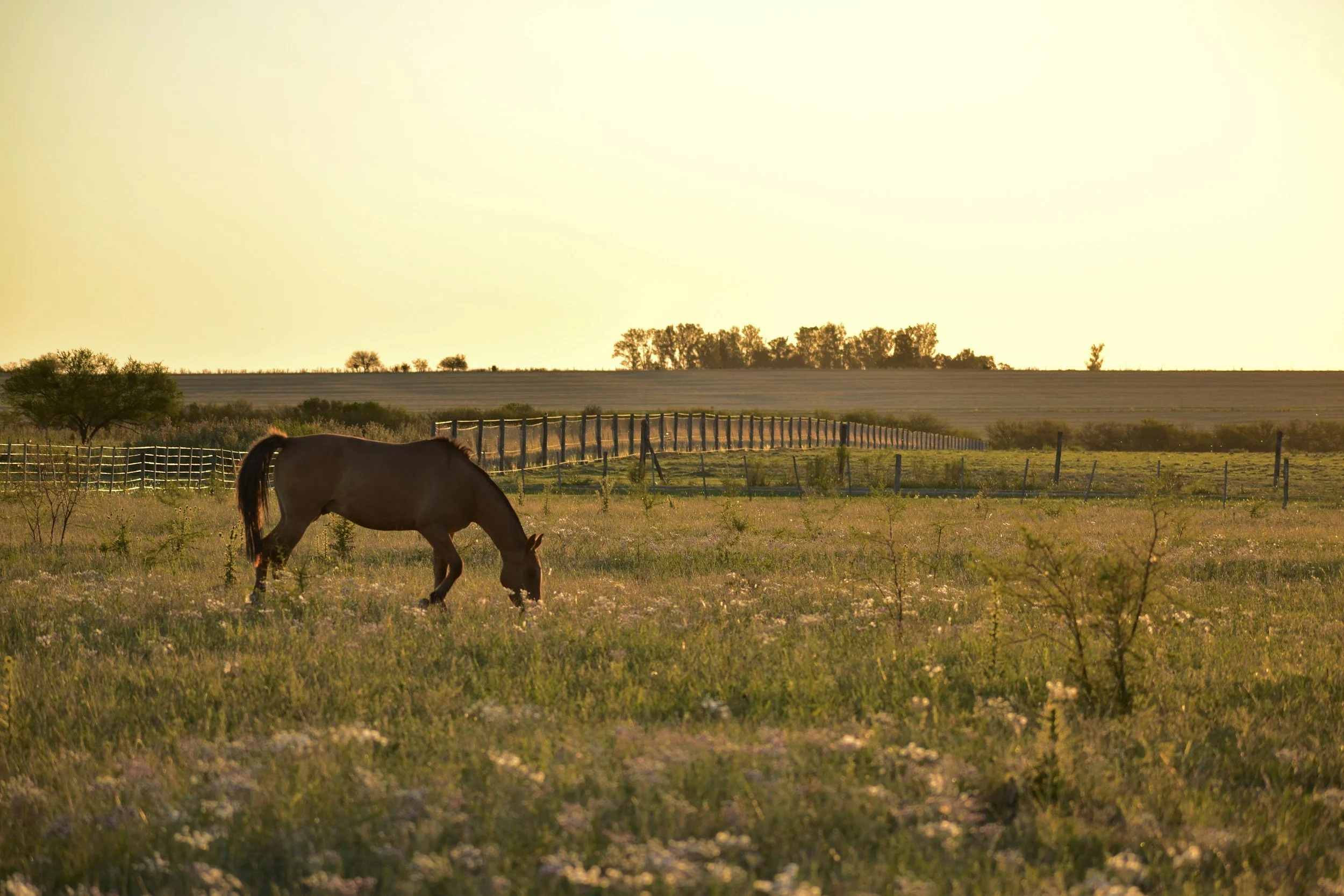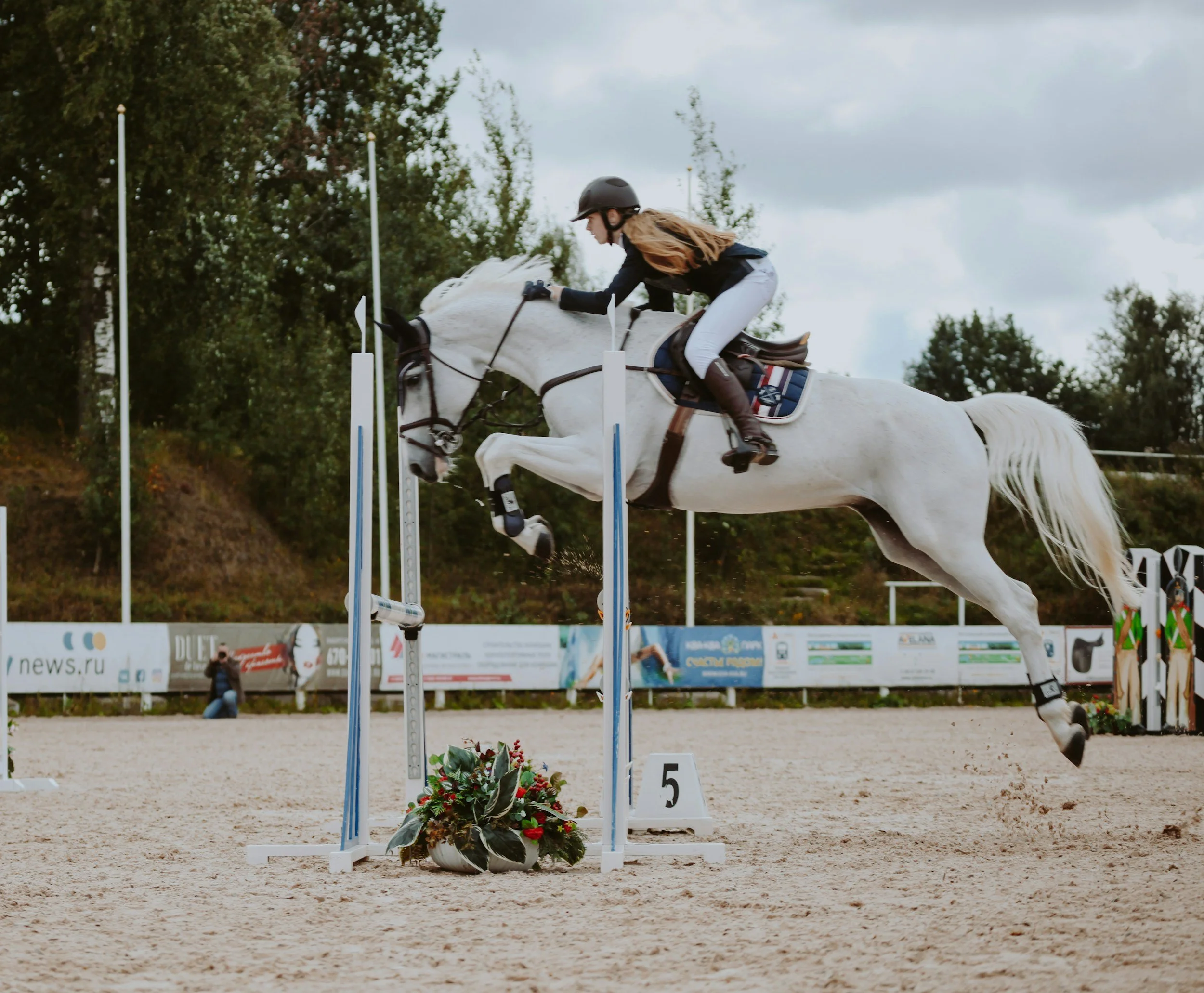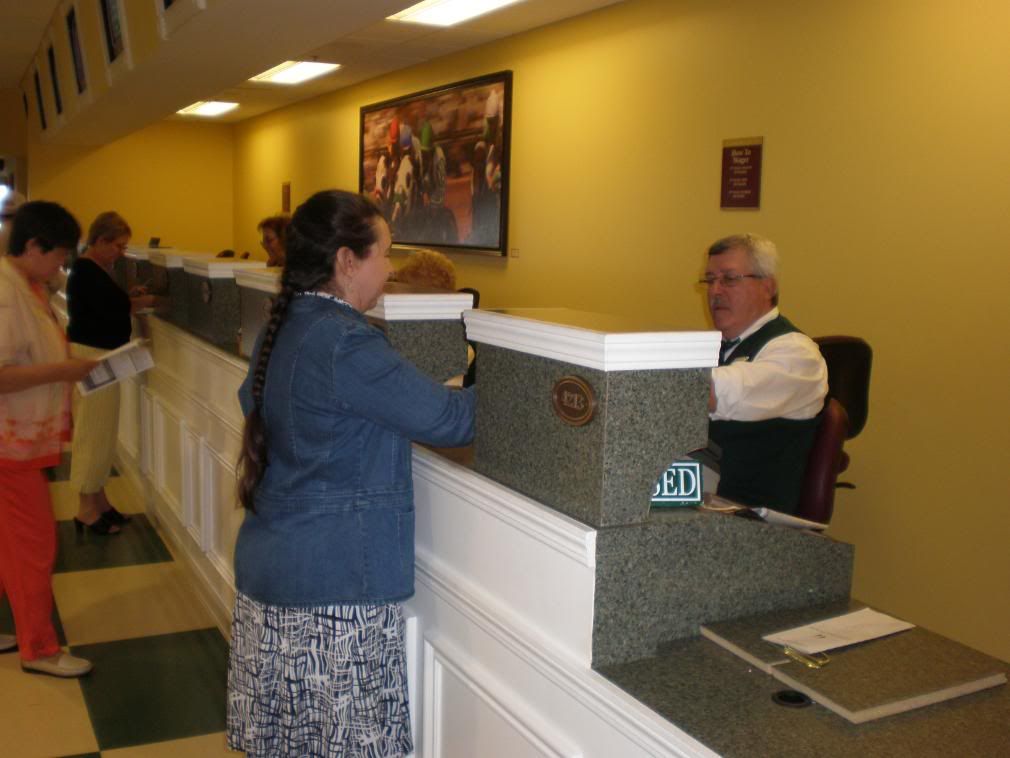The horse industry is a vital part of Kentucky's economy. In fact, the industry is alone responsible for 80,000-100,000 jobs in the state. Kentucky Equine Education Project, Why Kentucky's Horse Industry Needs Support (2007), available at http://www.horseswork.com/pdf/why_to_support.pdf. However, this industry is currently threatened by increased competition from surrounding states that allow alternative gaming revenue. Because revenue from casino style gambling at racetracks boosts purses and breeding incentives, horses traditionally bred and run in Kentucky are now being taken elsewhere because of the opportunity to earn greater amounts of money.
Kentucky currently has five thoroughbred racetracks in the state: Churchill Downs in Louisville, Keeneland in Lexington, Ellis Park in Henderson, Turfway Park in Florence, and Kentucky Downs in Franklin. Gregory A. Hall, Ky. horse tracks request fewer racing dates in 2010, COURIER-JOURNAL, Oct. 26, 2009, available at http://www.courier-journal.com/article/20091026/BUSINESS/910260343/Ky.+horse+tracks+request+fewer+racing+dates+in+2010. Kentucky tracks have already requested fewer racing dates for 2010 due to decreased revenue, and if things continue in the current fashion, it could mean the end of one or several of these historic venues. Id.
Although the racing industry is suffering nationwide, several states have managed to avoid some of the problems that Kentucky is currently experiencing through the introduction of alternative gaming. According to statistics found in the American Gaming Association's 2009 State of the States report, 12 other horse racing states, including Indiana and West Virginia, allow patrons at the track to wager on video gambling machines, slot machines or other casino-style games. American Gaming Association, State of the States 2009: The AGA Survey of Casino Entertainment (2009), http://www.americangaming.org/assets/files/aga-sos2009web.pdf. This type of expanded gaming has allowed those states to increase purse sizes, attracting many of Kentucky's thoroughbreds to race at those locations rather than in Kentucky.
The size of the purse that racetracks can offer directly affects the quality and quantity of horses that run at the track and the bettors and money that come in to the state. Comparing the purses at Kentucky's Turfway Park and Pennsylvania's Presque Isle Downs, it is clear that purses increased dramatically after the introduction of casino betting in Pennsylvania. Kentucky Horsemen's Benevolent and Protective Association, Inc., Understanding Kentucky's Horse Industry (2009), available at http://www.kyhbpa.org/resources/IndustryHandout.pdf. High purses also mean more jobs for residents of the state. Id.
Additionally, many states have greatly increased purses for horses which are born in that state. See supraAmerican Gaming Association. This practice entices horse owners to move their breeding operation to certain states to ensure that their horses are eligible for the state-oriented prizes, thereby affecting Kentucky breeding farms which have experienced reduced stallion and foaling or broodmare income. Id.
This past June during a special legislative session, Kentucky's House of Representatives passed the Video Lottery Bill which would have allowed slot machines at racetracks. John Cheves, Slots bill dies in committee, LEXINGTON HERALD-LEADER, June 23, 2009, available at http://www.kentucky.com/302/story/839602.html. However, the bill soon died in the Senate. Id. According to Senator Tim Shaughnessy, D-Louisville, the issue is not over: "[t]he reality is, history is on our side. This is eventually going to happen, whether it's done by an act of the legislature or put before the voters of Kentucky for a formal vote. It may be stopped today, but the issue isn't if this happens, it's when this happens." Id.
According to Attorney General Jack Conway, however, it doesn't appear necessary to send the decision to Kentucky voters. In an opinion issued by Conway in June responding to a request by State Representative Jody Richards, Conway found that the "General Assembly may authorize the Kentucky Lottery Corporation to establish, license, regulate and tax video lottery terminals at designated horse racing tracks under Ky. Const. § 226(1) without further amendment to the Kentucky Constitution." Video Lottery Terminals at Kentucky's Horse Race Tracks, Op. Att'y Gen. 09-004 (2009), http://www.law.louisville.edu/sites/www.law.louisville.edu/files/OAG09004.pdf. While this opinion is merely advisory and not legally binding, it represents a well-reasoned argument analyzing Kentucky's laws and furthering the idea that the General Assembly is permitted to make the decision on slots without putting it on the ballot, allowing them to more quickly respond to the urgent situation with Kentucky's horse industry.
The bottom line is that horses help create and support jobs in Kentucky, and it is important for our legislators to support the industry that is so vital to our local economy. Ultimately, if Kentucky allows expanded gaming at the state's racetracks, it will increase revenues, thereby increasing purses and breeding benefits, and will help keep horses and jobs in Kentucky.







